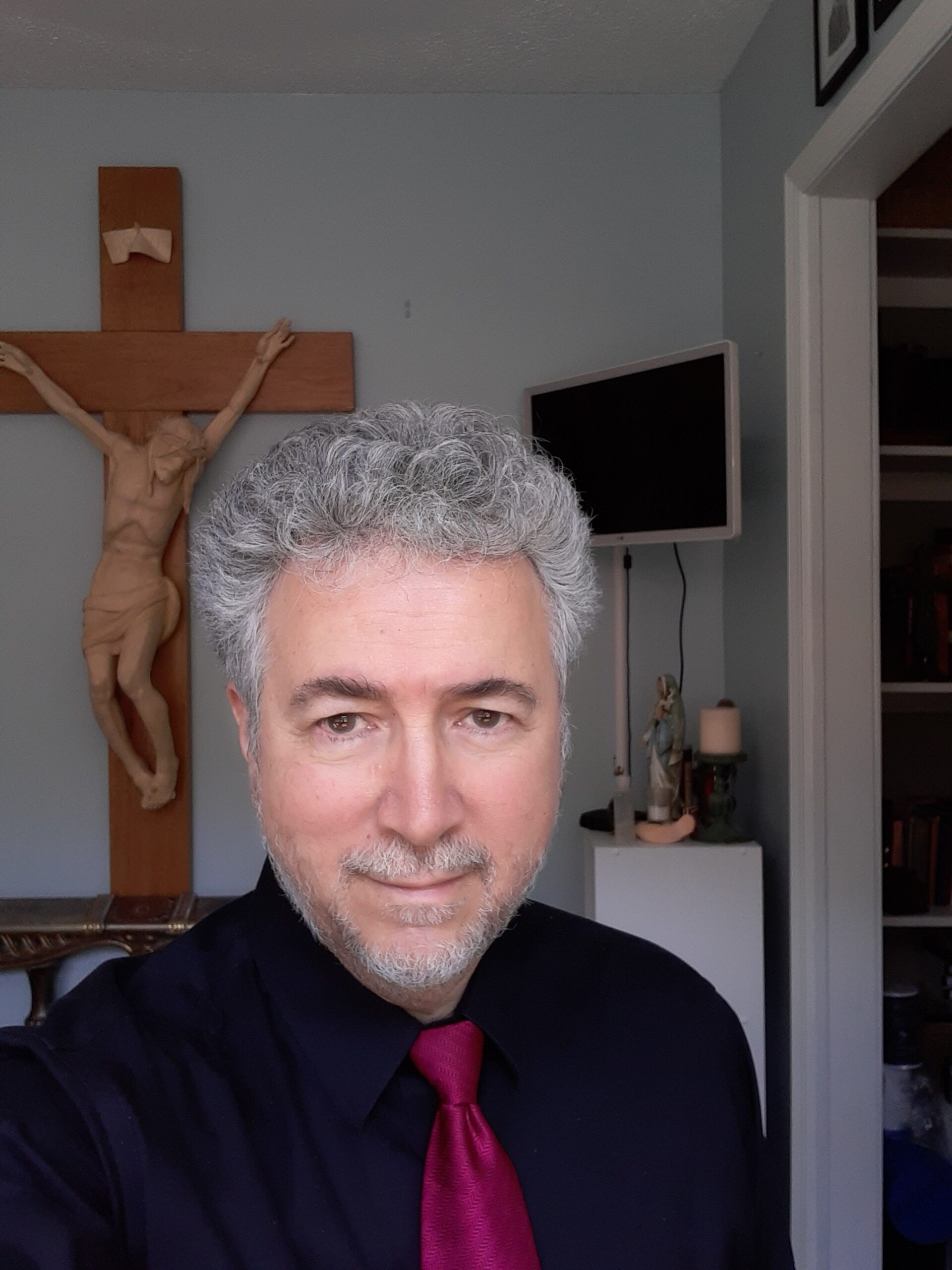a) You really believe you eat the body and blood of a person in your religion?
b) Yes.
a) Isn’t that cannibalism?
b) No, cannibalism would be without transubstantiation.
a) Trans….. what?
b) Transubstantiation is when the substance of something is changed while the accidents, or attributes of it, remain the same.
a) Explain.
b) If I had supernatural power and was able to turn you into a cat, you would look, feel, sound, and smell like a cat. Yet, it would still be you. What something ‘is’ can theoretically be different than what it appears to be.
a) So you’re saying the priest has the magical power to turn bread and wine into Jesus’ body and blood?
b) Not magical, but supernatural; and it isn’t his power. It’s Jesus’ power working through him as His ordained priest.
a) But why? Why would Jesus become bread for people to eat?
b) So that He may remain in us (Jn 17:23). Since Jesus divine life comes through His human nature, transubstantiation enables people to be nourished by His supernatural grace, i.e. divine life, on life’s journey to the Father. It’s food for the soul.
a) But why is this important?
b) The soul needs food like the body does. Without it, the soul becomes lifeless. Every people in history, from ancient to modern, have practiced ritual attempts at uniting with the deity in order to share life. This often came in the form of sacrificing grains, animals, or even humans, to share a sacrificial meal with God or ‘the gods’.
a) You’re saying this is a universal practice stemming from a common deep-seated yearning for divine life?
b) Generally, yes. It seems to point to a common hunger to consume divine life, like what was meant to be with the tree of life before the fall. The human being is designed to be fed spiritually, not only physically.
a) And this relates somehow to the Old Testament Passover lamb?
b) It does. Not only is Jesus in the Eucharist the new fruit of the tree of life, but He also becomes the new Passover lamb.
a) But the Israelites sacrificed animals as atonement to God, as other pagan religion did in ancient times.
b) True, and Jesus becomes the ultimate sacrifice to God, which is the fulfillment and archetype of all previous ritual sacrifices throughout history. Christ becomes the new Lamb of God, sacrificed for the atonement of our sins, and offered to God and us in the ultimate peace meal. Eucharist means ‘thanksgiving’ in Greek. When we partake in Holy Communion, we unite with God in the most intimate way this side of heaven. God’s divine nature through the conduit of Christ’s human nature, in the form of bread and wine, feeds and nourishes His people on their earthly journey to the “promised land” of heaven. And remember, God commanded the Israelites on Passover not only to sacrifice the lamb to be saved by its blood, but also to consume the lamb for their journey. Likewise, Christ was not only sacrificed for our salvation, but we too are commanded to partake of the meal of the new Lamb, for strength on life’s journey to its eternal destiny.
a) Wow. I see the historical and logical symmetry. Although I’m not Catholic, you’ve given me some good food for thought.
b) Yes, food for the mind about food for the soul.
a) Indeed. Now I must seek food for body, in the form of dinner. Good evening, my friend. Thanks again.

